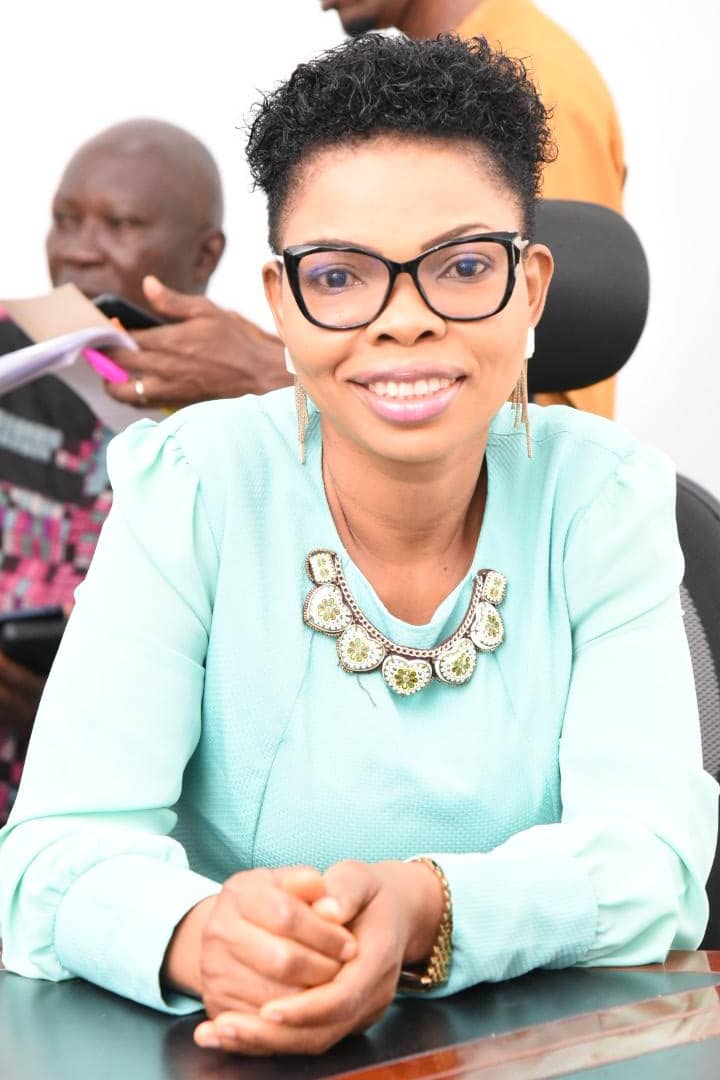Written By Onyinyechi Obi
As the government of Dr. Alex Otti continues its ambitious efforts to reshape Abia State, one persistent challenge that threatens to undermine this progress is vandalism. Vandalism, the deliberate destruction or damage of property, is often driven by selfish motives or sheer malice. This destructive behavior doesn’t just affect physical structures; it disrupts the social and economic progress of our communities. It endangers public projects designed to improve the lives of citizens, leaving behind setbacks and unfulfilled promises.
Throughout Abia, new roads, hospitals, markets, and public utilities are being developed, signaling a wave of transformation with the potential to elevate the state. The rehabilitation of key roads like the Aba-Owerri Road is crucial to easing the movement of goods and people, while the revitalization of the Abia Specialist Hospital promises improved healthcare for the entire state. The installation of solar-powered streetlights in major cities like Umuahia and Aba demonstrates the government’s dedication to enhancing safety and convenience. Yet, these projects can only achieve their intended impact if they are shielded from the destructive actions of a few individuals.
Vandalism is not just an attack on government property but an assault on the community. Public infrastructure exists to serve the people, and when vandals strike, it is the citizens who suffer the consequences. To counter this, the administration of Dr. Alex Otti has taken decisive action. Recently, the government sent a strong message by arresting the management of a company responsible for the reckless destruction of public property, specifically damaging manholes along the newly expanded Aguiyi Ironsi Boulevard. This firm action reinforces the government’s zero-tolerance policy toward any form of vandalism in the state. However, protecting public property cannot rest solely on the government. The people of Abia must understand that these projects are not just government initiatives, they are built to uplift the community and improve living standards. To whom much is given, much is expected. Citizens must take collective responsibility and recognize that safeguarding public assets is in their best interest.
As part of the government’s comprehensive efforts, schools across Abia State are being retrofitted and upgraded to provide a better learning environment for children. To secure these improvements, the government has announced plans to employ security personnel in primary and secondary schools to protect lives and property. This proactive measure demonstrates the administration’s commitment to securing public investments, but it also highlights the need for community support to ensure that these facilities remain safe and functional.
The youth of Abia, as the heartbeat of the community, have a pivotal role to play. They can serve as vigilant protectors of their surroundings, detecting and reporting suspicious activities before vandalism occurs. Organizing youth-driven neighborhood watch programs is one way to channel their energy into positive actions. When young people take pride in their communities and view public infrastructure as an extension of themselves, they naturally become its defenders.
Community leaders, traditional rulers, and religious figures must also step up and lead by example. By spearheading community-based protection initiatives, such as local surveillance groups or public property watch programs, they can instill a culture of accountability and stewardship. These leaders are in the best position to rally citizens, fostering a sense of ownership over public resources. In addition, they can act as liaisons between the government and the people, ensuring that any threats or damages are reported promptly and addressed efficiently.
The consequences of unchecked vandalism are severe and far-reaching. When streetlights are stolen or destroyed, public safety is compromised, increasing the risk of accidents and crime. Vandalized healthcare facilities delay access to critical medical care. When markets or transportation hubs are damaged, it creates unnecessary hardship for citizens whose livelihoods depend on these spaces. Additionally, repairing vandalized infrastructure diverts government resources from new development projects, slowing down progress and innovation.
The ripple effects of vandalism extend beyond the immediate community. When vital infrastructure like power distribution systems are compromised, it hinders Abia’s ability to attract investment and create jobs. Vandals who steal copper wires and other valuable components make it harder for industries to function, which in turn limits employment opportunities for the youth. In this way, the actions of a few vandals can jeopardize the economic future of many.
Ultimately, the future of Abia depends on a shared commitment to protect what has been built for the common good. While the progress under Dr. Alex Otti’s administration is undeniable, it is also fragile. Without active community involvement in protecting public infrastructure, the state risks falling into a destructive cycle of rebuilding rather than moving forward. Now is the time for all Abians to step up, take responsibility, and work together with the government to ensure that the hard-won progress of today is not undone by the selfish actions of a few.

























